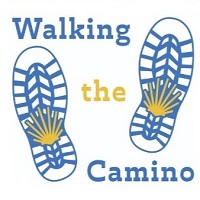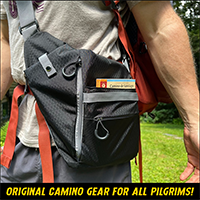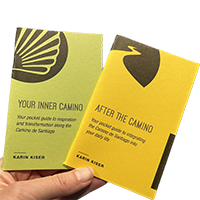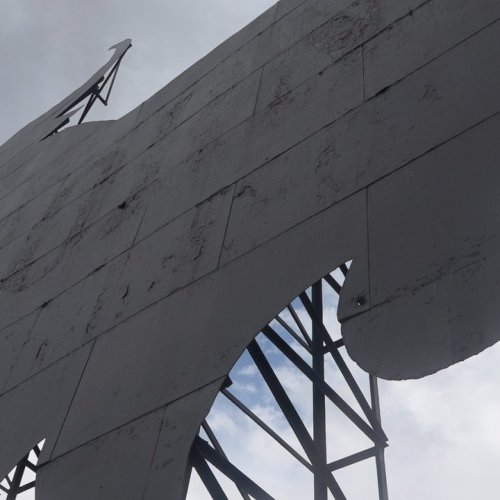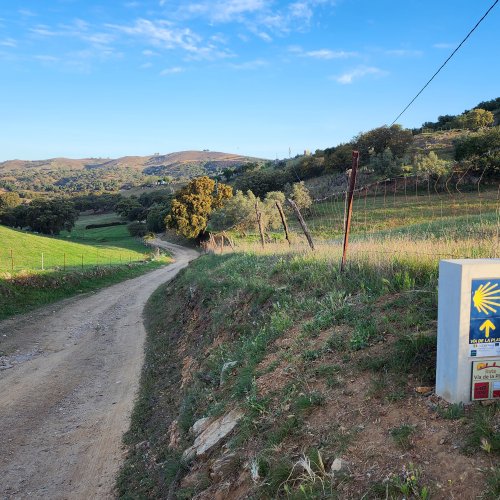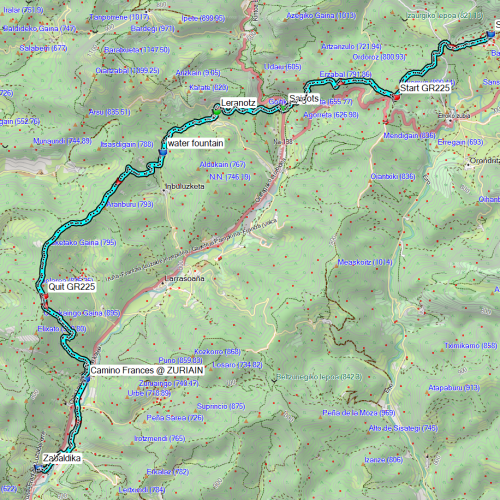- Time of past OR future Camino
- Most years since 2012
Here is the book chosen from our list to be the next one for discussion - To the Field of Stars: A pilgrim's journey to Santiago de Compostela, by Kevin A. Codd.
Kevin Codd is a Roman Catholic priest who describes his 2003 Camino from SJPP to Santiago. He is an American, but resident in Belgium at that time. Although I am neither a believer nor a Catholic, I do find it interesting to read about those who approach life and the Camino from a different perspective. This is an articulate and intelligent account of his experience. There is no focus on religion - that is just background information - and I am enjoying reading it. He describes his encounters and frustrations with other pilgrims very well, and the need to adjust his own attitudes.
I'll need to wait until I finish (I'm only 80% along) before I can make a generalized assessment.
Once I finish the book, I am intrigued enough to read his follow-up actions and thoughts. His blog at kcodd.blogspot.com apparently describes his subsequent two journeys to complete the journey from his home in Belgium to Santiago. He has also published another book, which is mentioned on that blog.
So, I look forward to all other comments and questions about this book. Here are a couple of questions:
Kevin Codd is a Roman Catholic priest who describes his 2003 Camino from SJPP to Santiago. He is an American, but resident in Belgium at that time. Although I am neither a believer nor a Catholic, I do find it interesting to read about those who approach life and the Camino from a different perspective. This is an articulate and intelligent account of his experience. There is no focus on religion - that is just background information - and I am enjoying reading it. He describes his encounters and frustrations with other pilgrims very well, and the need to adjust his own attitudes.
I'll need to wait until I finish (I'm only 80% along) before I can make a generalized assessment.
Once I finish the book, I am intrigued enough to read his follow-up actions and thoughts. His blog at kcodd.blogspot.com apparently describes his subsequent two journeys to complete the journey from his home in Belgium to Santiago. He has also published another book, which is mentioned on that blog.
So, I look forward to all other comments and questions about this book. Here are a couple of questions:
- Why did Codd think he was "old" when he was only in his 50s? (I don't really expect an answer. "Old" is always 10 years older than one is, and it is a moving target.) He referred to his advanced age several times.
- What makes some camino memoirs (e.g. this one) much more readable than many other first-person accounts written by non-professional writers?




